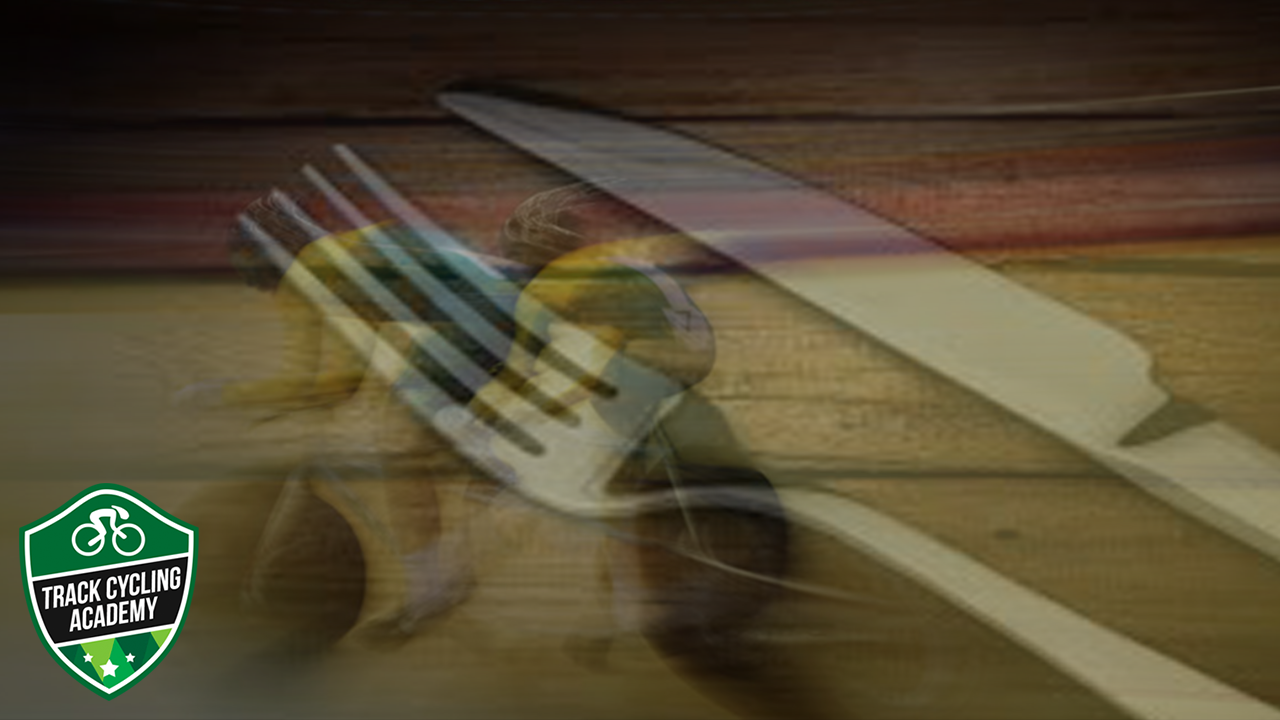Cut the bad fats and start performing!

Optimal performance and health starts with the body - if you are fuelling yourself with excellent quality foods and staying hydrated you’re giving your body the best chance to perform at its best in all situations.
In this blog we will focus on one specific food group area - that is the fats. It’s a really interesting food group to delve in to and understanding the types of fat that you need to stay away from, or consume, is worthwhile.
So good fats and bad fats, what’s the difference and how will they impact on your performance?
The Bad
Trans and saturated fats are the worst to consume - and the science behind why is fascinating…
These types of fat remain solid at room temperature – think about the white bits on meat or coconut oil in a jar. It's also the primary variety used in processed foods like cakes and biscuits.
If you want to get scientific, saturated fat has a single bond in its molecular structure, which makes it more difficult for the body to break down.
Your body is made up trillions of cells - collectively the cells are responsible for all of the functions and life-supporting processes happening in your body every second of your life.
Substantial research by leading scientists have analysed fatty acids (fats) and their effects on living cells as different types of fats were absorbed into cells.
Under healthy conditions, the cells in your body should be flexible.
But what has been found is that when saturated fats were being incorporated into the cell membranes it caused parts of them to become ‘solid like’.
As more saturated fat entered the live cells, these ‘solid like’ islands grew in size and the cell walls become inelastic, trapping toxins from saturated fats within them, and damaging the entire cell.
There are 4 functions of the cells, they are outlined below:
1.Transport processes
2. Metabolism (i.e. chemical reactions)
3.Motility (i.e. spontaneous active movement that consumes energy)
4. Reproduction
When the cells are hardened and inelastic, there ability to transport processes becomes impaired as a consequence of their limited mobility (they lack the ability to squeeze into tight spaces and transport to various points throughout the body).
Additionally, the cells become thick and coagulated - a bit like tomato sauce instead of water, and this can result in increased inflammation throughout the body, heart disease, cholesterol issues, higher risks of heart attack, feelings of sluggishness and a compromised immune system.
You’re also likely to have higher stores of body fat and thus, as an athlete carry more non-functioning mass on the start line.
So stay away from trans and saturated fats, and look to incorporated more of the good fats into your diet instead…
The Good
Monounsaturated fats and polyunsaturated fats are good fats - they differ from saturated fats by having fewer hydrogen atoms bonded to their carbon chains.
Good sources of monounsaturated fats are olive oil, avocados, and most nuts (in season and non-roasted), as well as high-oleic safflower and sunflower oils.
The two main types of polyunsaturated fats are omega-3 fatty acids, omega-6 fatty acids and omega-9 fatty acids, good food sources which contain some of these fatty-acids include salmon, other fish and flaxseeds.
By introducing a small amount of monounsaturated and polyunsaturated fats into your diet, you’ll decrease your risk of developing heart disease and strokes, reduce blood pressure by raising HDL, and lowering triglycerides, reduce the risk of blood clotting, increase muscle movement, and decrease inflammation - all important in the game of sport!
When you train hard, you put stress on the body and this requires adequate nutrition, sleep and hydration to recover for subsequent sessions and enable a good training adaptation.
If you are consuming ‘bad fats’, you’re not only limiting your body’s ability to perform and recover optimally, you’re also putting it at risk of developing health complications. Whereas on the flip side, by consuming ‘good fats’ at the right time, you’ll enhance your body’s ability to perform and recover.
Think of it like this - if your body is a Ferrari, and the fuel station is food - you wouldn’t fill up with E10 or the diesel when you have an unleaded tank. Instead you’d opt for the premium vortex, and give your body the chance to perform at its best.
Bon Appetit!
Feel free to leave comments in the box below!

